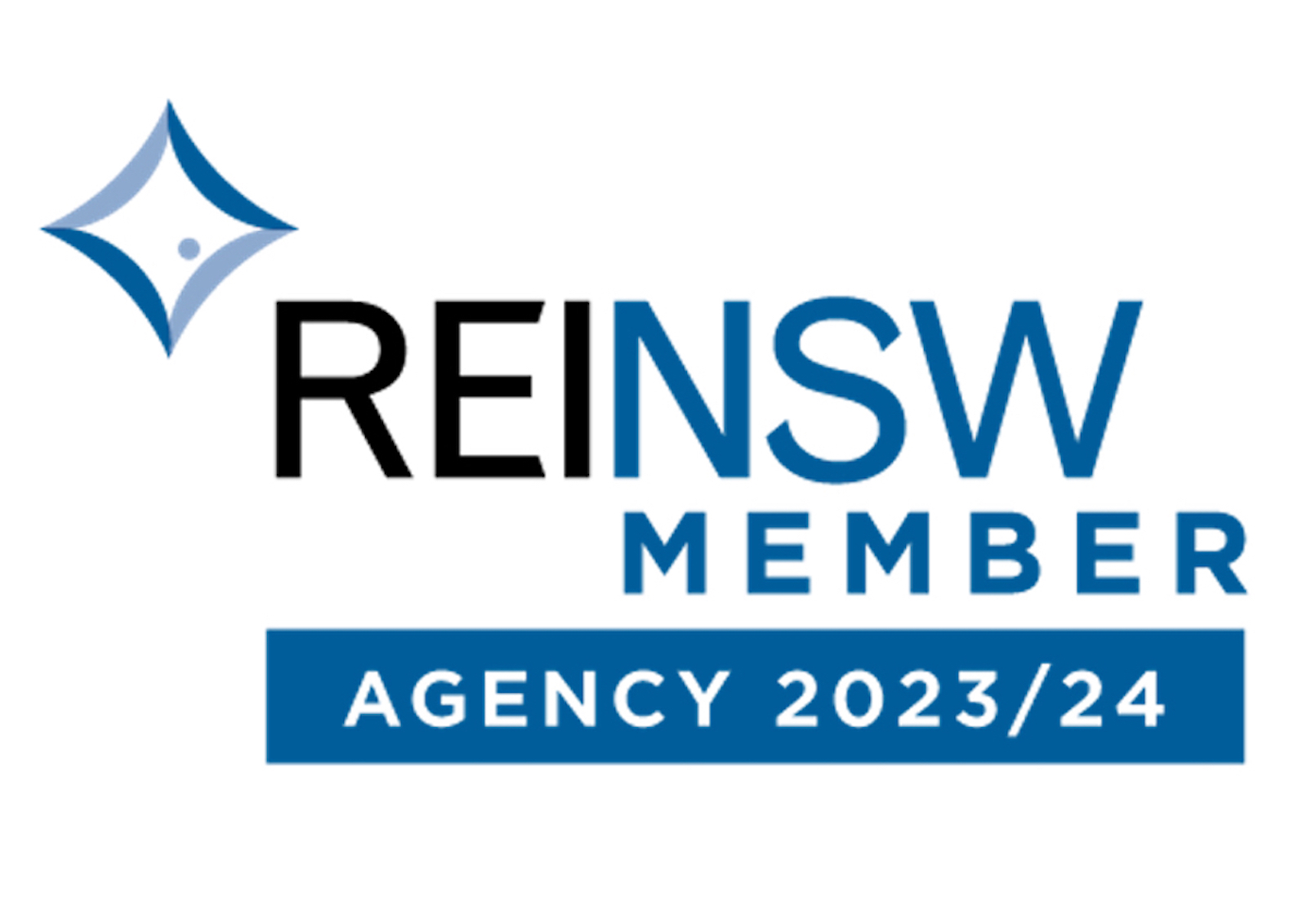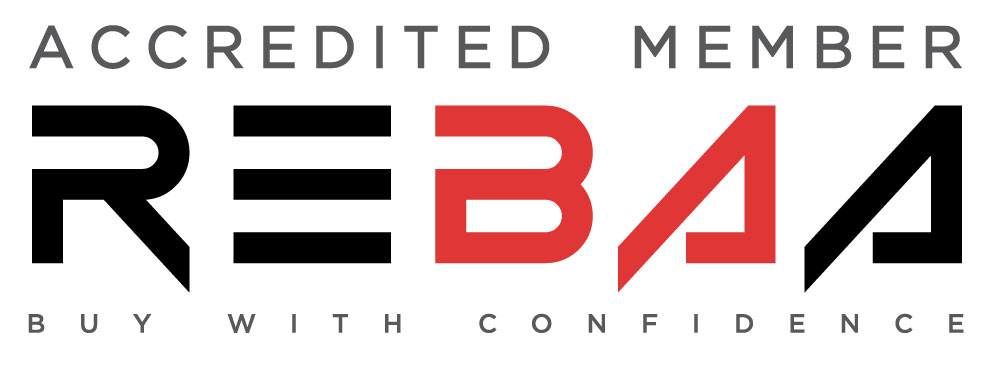Understanding Deposit Bonds

Final Word
Purchasing a property on the Northern Beaches doesn’t have to consume all your energy. With the right preparation and local guidance, you can make the move confidently — and get back to focusing on your family.
If you’d like expert help to cut through the noise, preview properties for you, and negotiate the right deal, let’s have a chat. Book a free call with me here and I’ll help you take the next step toward your new home without the stress. – Marika



